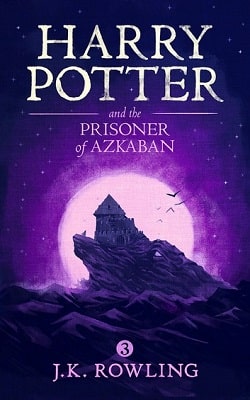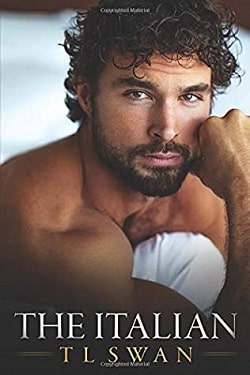Survival was all anyone cared about—another day of waiting, rationing, hiding, hoping to somehow endure.
My return to the city had been greeted with a quick reassignment to an intelligence unit whose mission was to decipher documents, missives, and other items intercepted or captured from enemy troops and insurgent groups. Information was our weapon, and it, too, was in short supply.
Late one night, after a particularly fruitless day of sorting through boxes of pilfered papers, I sat in my flat and stared at my heavily curtained windows. No one dared reveal light lest the Allies mistake a home for something worthy of destruction.
Curtains seemed a silly precaution against tons of explosive steel.
Two items sat on the table beneath the window: a metal canister holding the film I’d taken from Konrad’s camera and the wooden statue of the wizened rabbi I’d stolen from the Polish synagogue. I hadn’t paid either much mind. The looming threat of the loss of everything I held dear made thoughts of art or entertainment pointless.
But something in how the statue sat there, unmarred amid the crumbling city of my youth, held my gaze.
“What are you staring at, old man?”
I shook my head.
I was talking to a Jewish statue, seeking what? Wisdom? Answers? Guidance?
The irony took a moment, but when it struck, I found myself doubled over in laughter.
Tears I’d not shed in longer than I could remember trickled down my cheeks.
When I glanced up, I was sure the old relic smiled down, a grandfather amused by a wayward child.
The canister of film offered no assurance, no grin.
“Konrad, why did you take those photos? What was the point? All you earned were bullets for your bravery.”
Konrad wasn’t a friend, but he was my partner, my compatriot, the man who’d dodged bullets with me until one had found its mark. Visions of his mussed hair poking out from beneath his cap added a wistful curl to my lips.
On a whim, I rose and strode to the table, picked up the film, and removed it from the canister. Careful to keep my fingertips off the delicate surface, I unrolled the film and held it up to the candle that lit the room. Images of men, women, and children herded before Soviet soldiers appeared.
I couldn’t see their eyes.
We’d been too far away.
The posture of many begged for mercy.
Those on the ground lay on pillows of blood-soaked snow.
One photo, then another, and another.
Each revealed more final moments.
As I was about to return the film to its case, a final photo stilled my hand.
The Soviet colonel.
Konrad had captured him in perfect, vivid detail. How was it even possible? We’d been so far away. I saw the set of his jaw, the hardness of his gaze, how his hands curled slightly by his sides. He despised those he now condemned.
But why?
I hadn’t understood in the moment. Time had offered no new understanding.
He was clearly a powerful man, in command, a leader whose troops hadn’t hesitated in carrying out his gruesome orders.
I searched the film again, squinting for every detail on every face, searching for understanding where none had been found before.
The Reich held no love for the Jews, but our solution was to make them work, force them into labor camps where they fueledour ambitions and armed our men. We only killed those who resisted or tried to flee.1















